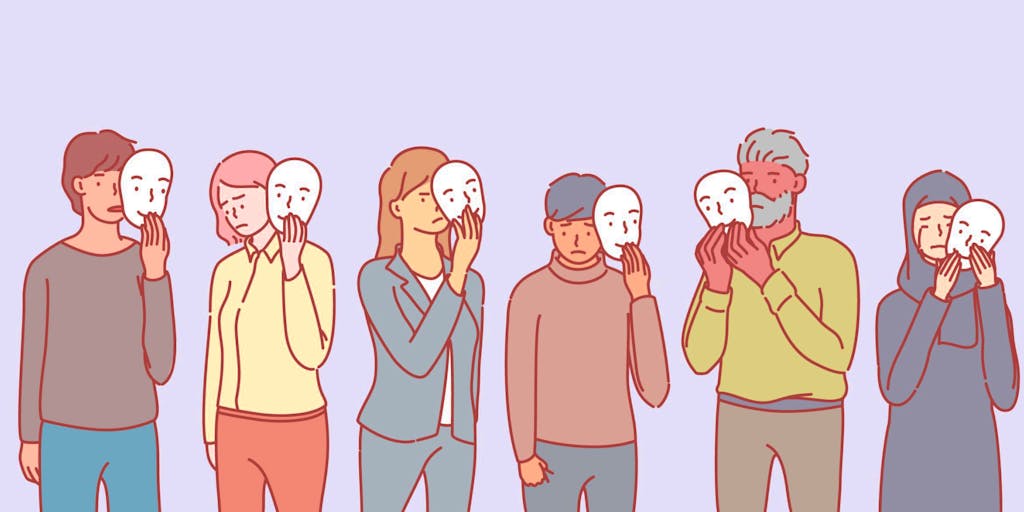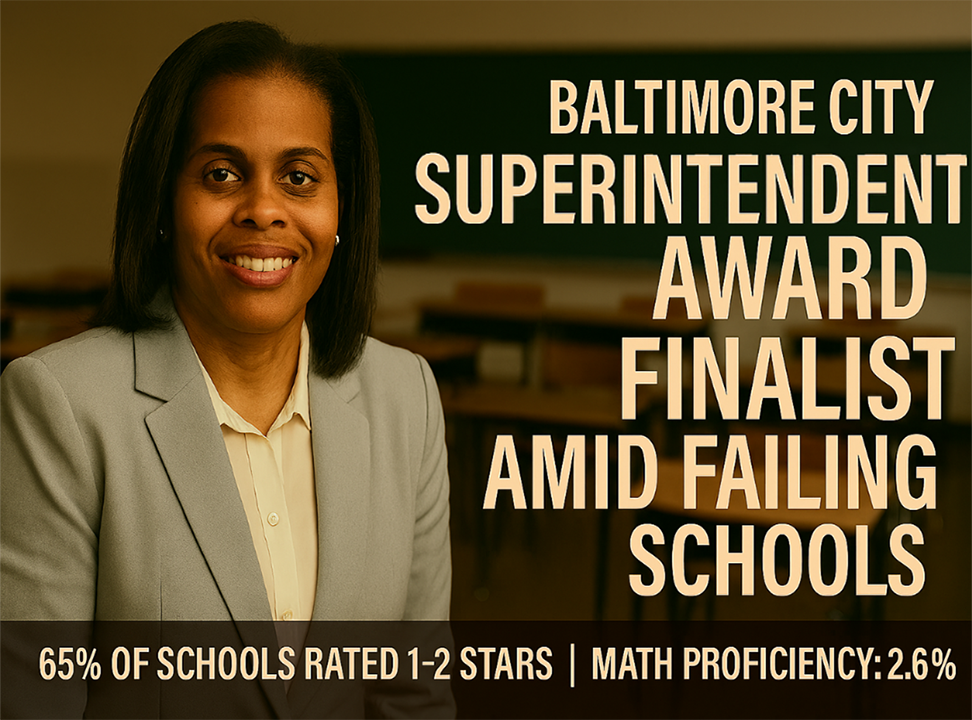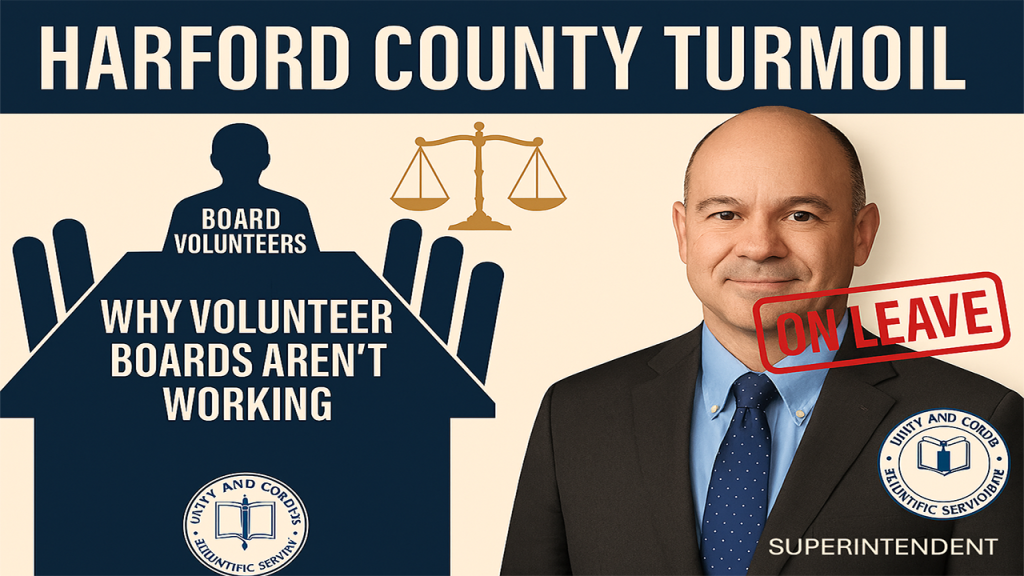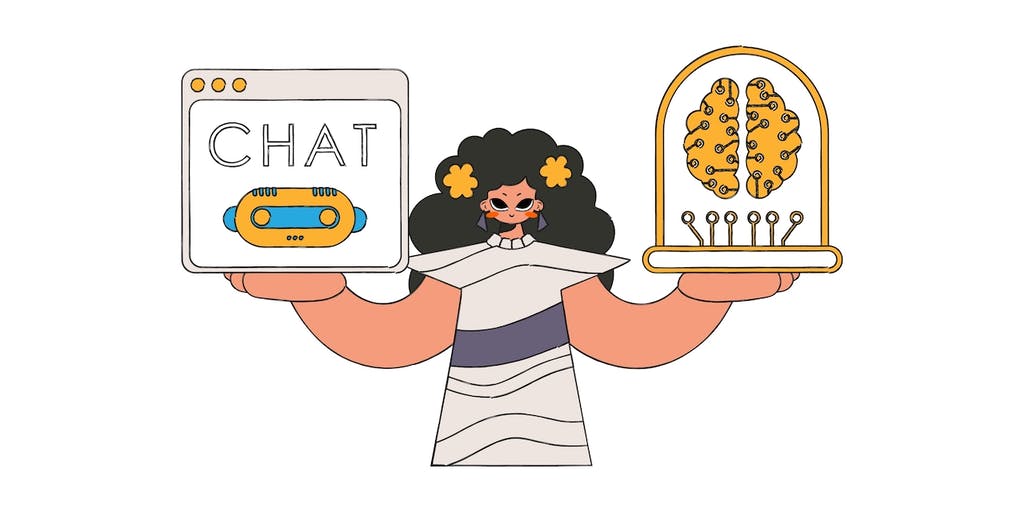

Does ‘Toxic Gratitude’ Harm Latino Educators in the Workplace?
This is the third in a three-part series of conversations with Latino educators and edtech experts. Read the first part here and the second part here.
Before we get into the educator perspectives shared below, there’s something I have to explain about Latino culture. Something perhaps not exclusive or applicable to the way all 62.5 million of us in the United States were raised, but important for context just the same.
Many of us will remember a time when we complained to a parent or elder about our job — too little pay for too many hours, a terrible co-worker, feeling something was unfair — and were met with a response that was some version of, “Thank God there’s work for you.”
There’s a belief in Latino culture that we should be grateful for whatever our boss is willing to give us and never ask for more, no matter how bad things get. It would be worse to make waves and risk getting fired.
This way of thinking has been dubbed “toxic gratitude” or self-gaslighting, and the pressure immigrant children feel to help improve their family’s economic circumstances has been called “toxic stress.”
This scarcity mindset — that there’s not enough opportunity to go around, and so you just have to make do — has to be unlearned, usually when you’re older and realize that you don’t want to work for peanuts or spend every day at a bad workplace or get passed over for another promotion.
When I recently invited a panel of Latino educators and edtech experts to share their perspectives about the state of education, they specifically wanted to talk about this cultural belief of “just be grateful” and how it impacts their work.
Here’s what they had to say.
‘No.’ Is a Complete Sentence
Math and computer science teacher Cindy Noriega kicked the conversation off.
“I went on a 10-minute rant about this yesterday, so I was ready for this question,” she said, earning laughs from the audience listening to the panel.
Noriega explains that she feels guilty anytime she wants to push back against a school administrator. It’s an internal struggle that she feels is firmly rooted in her upbringing as the daughter of Mexican immigrants. She recalls her hectic first year at a California high school, where she was overloaded with a full teaching schedule of four different subjects.
“I didn’t have a free period, and I was scared to say ‘no,’” Noriega says. “There’s that sense of, ‘You need to be content where you’re at.’ The way my parents put it to me, ‘We came to this country for a better life. Now that you’re a professional, just be happy where you’re at and be thankful and always be submissive to your bosses regardless of what they’re asking.’”
Noriega says her mentality changed after last year when she took on some work she didn’t want in hopes it would reflect well on her and save another classroom resource that was on the chopping block.
“Well, guess what? It still got taken away,” she says. “That’s why I learned you can’t put all your eggs in one basket and then think, ‘Because I submit to this, even though I don’t agree to it, I’m gonna be fine.’”
Like the saying goes, “No.” is a complete sentence. Noriega no longer feels guilty about advocating for herself in the workplace, even if it means disagreeing with an administrator, and she hopes other Latino educators can get to the same place.
“If not, we’re just gonna be shackled to this concept and just live in fear and live in this weird area where we’re content but at the same time not happy,” she says, “and I don’t want that for Latinos. I don’t want that for anyone, period.”
Uncomfortable Spotlight
Rocío Raña has spent a lot of time pondering this question of why she feels pressure to “just be grateful.” She was scrolling through social media recently when she came across a headline from her alma mater in New York that made her pause. It was about a Black graduate from the university who landed a tenure track position after his first interview.
The write-up didn’t sit quite right with Raña, who felt like the article’s tone was bordering on disbelief.
She recalled how two white women in her own Ph.D. graduating class also landed tenure track positions after their first and only interviews, but those situations didn’t make a headline.
“It’s like, ‘Oh, because you’re Black, you have to be grateful.’ Because you’re Latino, ‘Oh, wow, on your first interview,’” says Raña, who co-founded an edtech company that creates assessments for bilingual children. “People get that all the time when they are white, and they don’t make a headline. So there’s an expectation of gratitude from minoritized communities, but not from everybody.”
That’s not to say Raña isn’t grateful for the things in her life — her family and friends, for example, or the opportunity she had to come to the U.S.
“But it’s the expectation that the system has on certain communities, and it’s a way of keeping us down somehow, I feel,” she says.
Worked to Exhaustion
To understand Antonio Vigil’s perspective, you have to start with a classic piece of literature by Herman Melville.
“So you might think it odd that a Chicano from North Denver would quote and invoke ‘Bartleby, the Scrivener,’” Vigil, director of innovative classroom technology at Aurora Public Schools in Colorado, says. “But Bartleby the scrivener is this cat in literature who refuses to go to work and refuses to work.”
Not a cat like “meow.” Bartleby is a human man and clerk hired by the story’s narrator, a lawyer. Bartleby likes to respond to his boss’s requests that he get to work with, “I would prefer not to.”
It’s an analogy, Vigil says, for the relationship between oppressed communities and how their value is based on how much they work.
“We literally have to work ourselves to death to prove our value and our worth to exist and enjoy semblance of rights, responsibilities, and privilege in this country,” Vigil says, “and so I think what’s really problematic is the way in which not only oppressed communities like Latinos are forced — and in many ways mandated and coerced — into many of these roles and positions that we know that we could occupy differently if given the proper opportunity and equitable opportunity.”
The irony is that every immigrant community has identified with having a back-breaking work ethic, Vigil says. But he feels that toiling has dovetailed with Latinos becoming a “permanent working class,” one that doesn’t make decisions and doesn’t have the “cultural and intellectual capital to drive change.”
“I think the big shift that we need to make is that we have to stop seeing ourselves as renters and see ourselves as owners,” he says. “How do we become better caretakers and builders of community so that we are not tirelessly expecting every generation to take its rightful place in the world by dying in the workplace because of exhaustion?”
Building a Bigger Table
As a Hispanic man from California, being in the state’s ethnic plurality brings with it some privileges, says Edward Gonzalez, director of open educational resources for the Kern County Superintendent of Schools in California. Not every space is one where Latinos are expected to be grateful for the positions they’re in, he explains, or feel as though they’ve had to overcome an oppressive system.
In fact, Gonzalez explains, there are times when Hispanic educators find that the people throwing up barriers to their growth look a lot like them.
“Where it gets difficult for me is when I see that same [oppressive] system set up, but it’s Latinos who are pushing that structure down onto other Latinos who are coming up behind them,” he says.
Thinking back to both his experiences as a student and educator, Gonzalez says, it was primarily Black and white women who offered him mentorship. He wants to pay forward their support to other educators, regardless of background.
“How do I not replicate that system where I’m only looking out for a Hispanic man or ensuring that that’s only what’s gravitating to me?” he says. “I do that by looking out for other students that I see that need that mentorship, recognizing that there’s some communities that will never have the privilege that I have now” of being surrounded by people who share his culture.
“If you’re not intentionally building,” he adds, “we are in danger of replicating structures that haven’t been successful for anybody.”
Dig Deeper With Our Longreads
Newsletter Sign up to get our best longform features, investigations, and thought-provoking essays, in your inbox every Sunday.
The MEN was founded by John Huber in the fall of 2020. It was founded to provide a platform for expert opinion and commentary on current issues that directly or indirectly affect education. All opinions are valued and accepted providing they are expressed in a professional manner. The Maryland Education Network consists of Blogs, Videos, and other interaction among the K-12 community.












